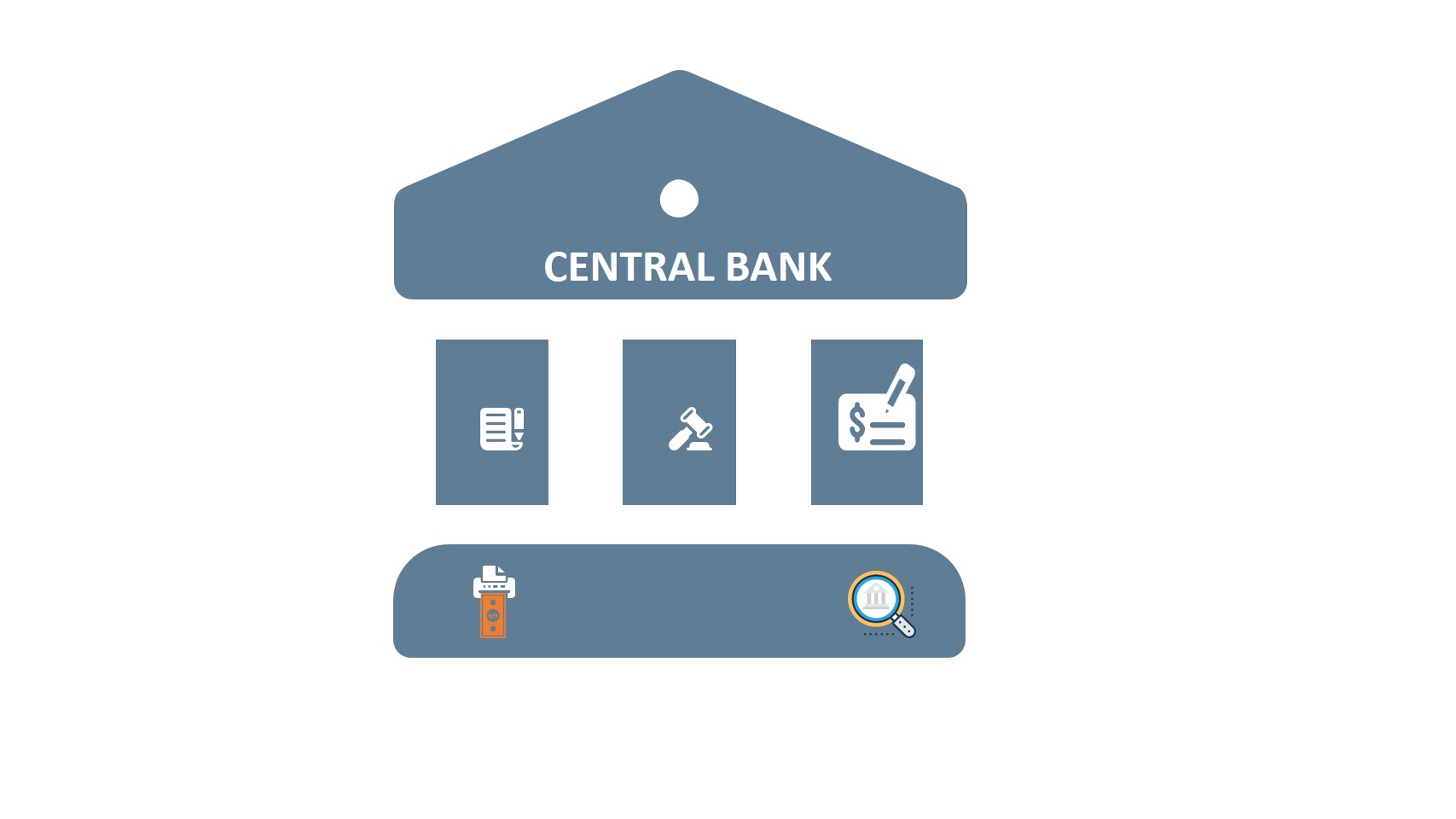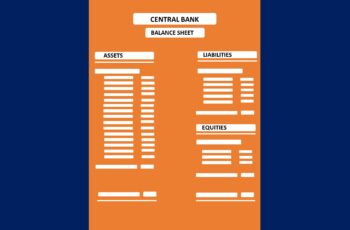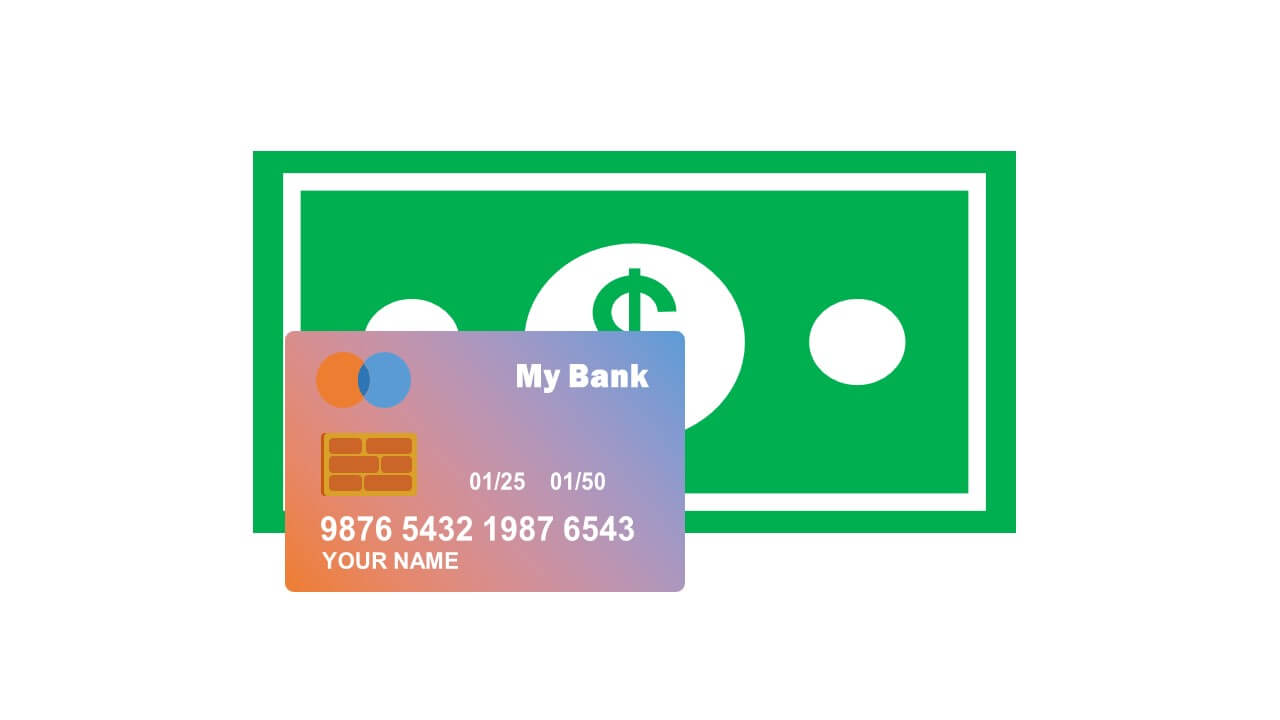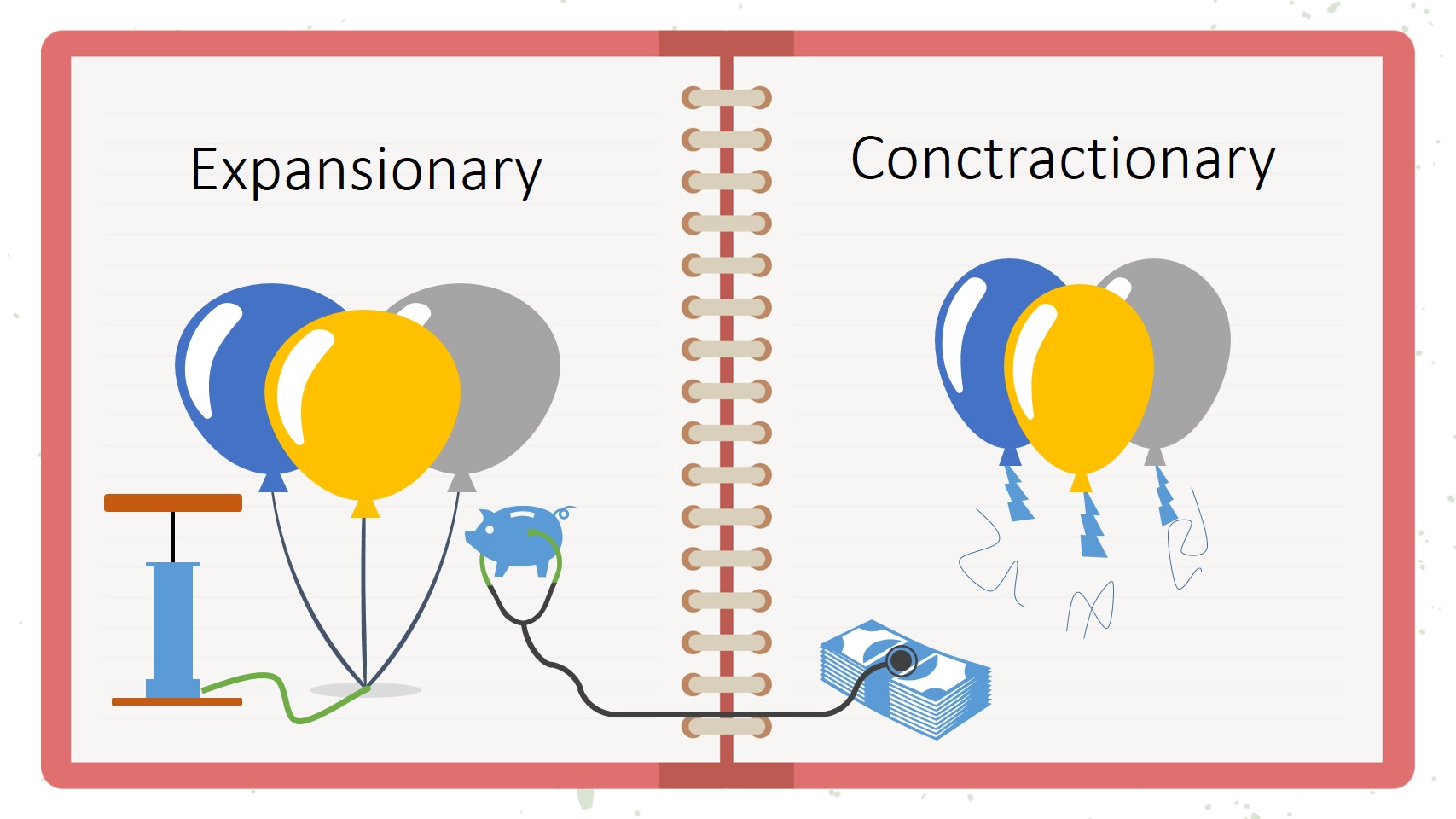There are many factors that affect the demand for money. Maybe countless factors, but minors. Money demand should not be confused with money wishes. The demand for money is a holding amount, assuming other factors are constant. I will explain some of these factors in the following.
Read more: Money Supply: Types and its Management
1. Supply of Goods and Services
The value of goods and services supplied in an economy affect the money demand. The more supply of goods and services translates to more money demand. For example, in a big economy like the European Union, the demand and supply of money are higher than in Grenada.
2. Frequency of Payment
The frequency of payment and money demand has a negative correlation. As the frequency of payment increases, the money demand decrease, and vice versa. A person who is paid annually, on average, will hold a much higher amount of money than the person who receives money monthly or weekly.
3. Confidence in money
High confidence in money will increase the demand for that money. Confidence in a currency depends on many factors, such as political stability and economic stability.
Confidence in a currency increases its demand and vice versa. For example, Afghanistan people do not have confidence in the Afghani (AFN), persuading businesses like car sellers to trade in USD.
4. Clearing System
A clearing system constitutes a set of institutions with specific procedures that transfer data or documents relating to financial assets, from one institution to another institution at a single location called a clearinghouse.
Transaction happens between two parties. An individual pays another individual or an entity, and it is also the case for an entity.
If the two parties have accounts at the same bank, the bank acts as a clearing system. It just debits the payer’s account and credits the receiver’s account.
Domestically if the payer’s bank account and payee’s bank account are different, the central bank act as a clearinghouse and the commercial banks as intermediaries.
Internationally, big banks have banking licenses in different countries and act as clearing systems.
Notice that SWIFT, MasterCard, and so on are payment system networks and not clearinghouses.
The cryptocurrency clearing system works based on blockchain, and there is no single location or a single clearinghouse.
A developed clearing system decreases the demand for money. As the clearing systems become better, the desire for keeping cash decreases and vice versa.
5. Inflationary Expectations
If citizens expect inflation, the demand for money will decrease as the purchasing power of money will lower in the future and vice versa. When people expect inflation, they will convert their money for FX or commodities.






